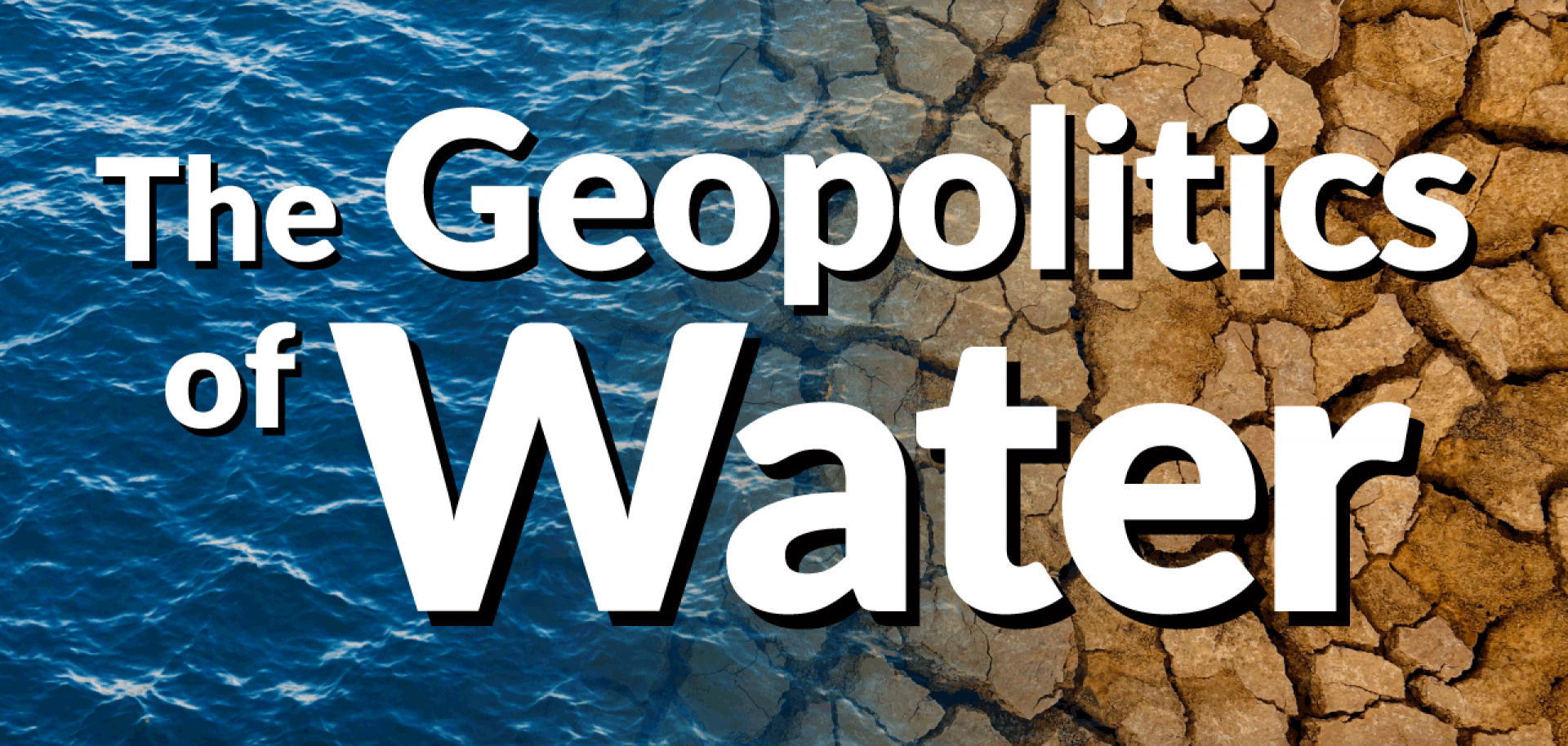In the lower Mekong River region, upstream dam construction and insufficient regional cooperation are creating cyclical water shortages, which threaten the food security and livelihoods of the millions who live in the region, but the continued prioritization of national interests will likely worsen this and other environmental risks. Since around the turn of the century, the lower Mekong River region, which includes Cambodia, southern Laos, northeastern Thailand and Vietnam's Mekong Delta, has been facing increasingly acute risks of water shortages. Extreme weather patterns marked by prolonged periods of drought and high temperatures have exacerbated the situation, particularly in recent years, and the region's environmental trajectory is set to worsen. In addition, upstream dam construction, particularly by China and Laos (in the upper Mekong region), has disrupted natural flow patterns, reducing water levels and altering seasonal flooding critical to seasonal agriculture and fisheries harvests. Noncommittal regional cooperation and the lack of...

